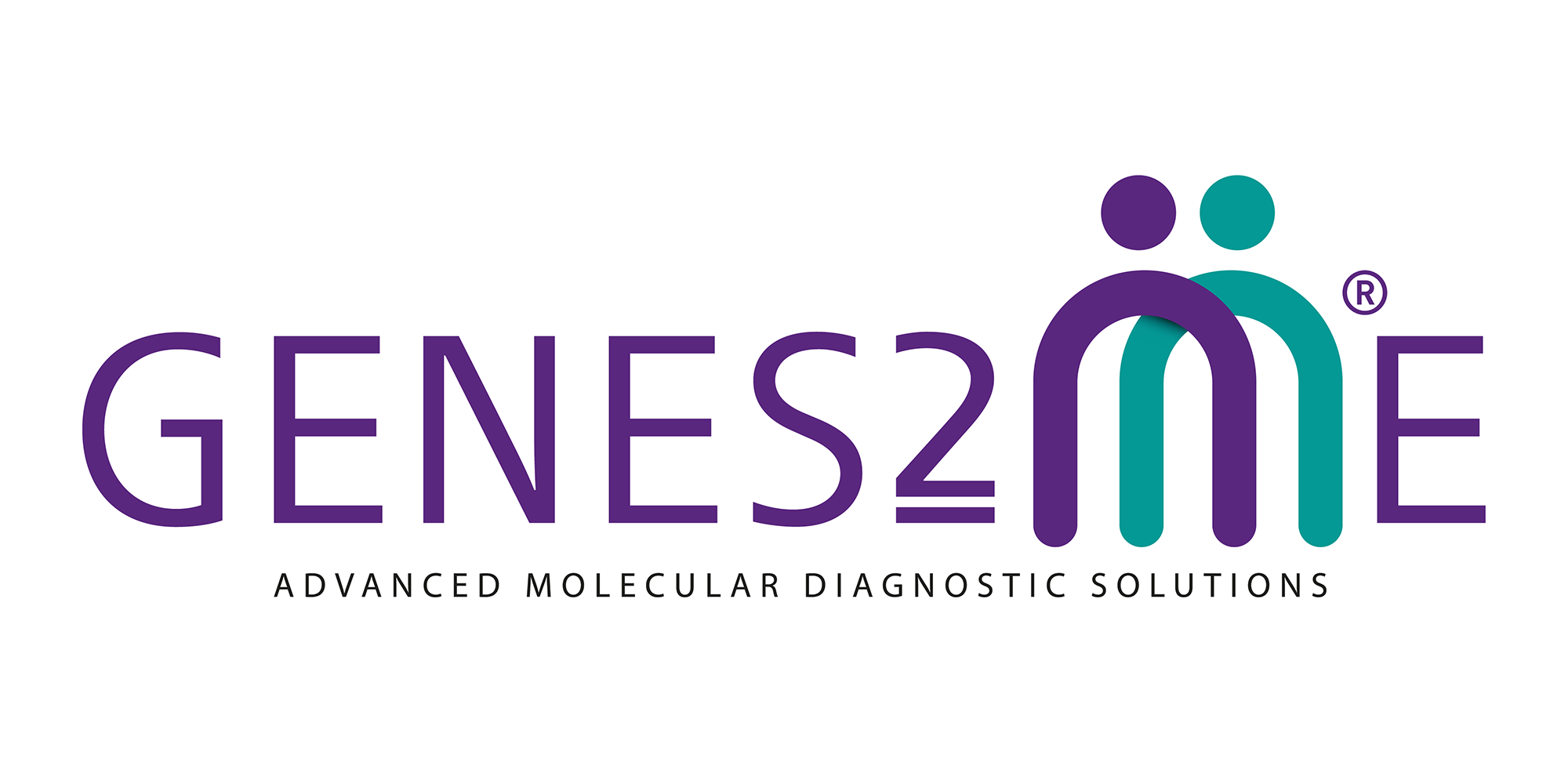
Clinical Exome Sequencing Expanded Panel – CES is a type of genetic test that analyzes the exome, which comprises the genome’s protein-coding regions. The exome makes up only about 1-2% of the entire genome, but it contains many disease-causing variants.
Clinical exome sequencing involves sequencing and analyzing the DNA of a patient to identify variations or mutations in genes that may be associated with genetic disorders or conditions. It is primarily used to diagnose individuals with suspected genetic disorders when other diagnostic approaches have been inconclusive. This type of panel has the ballistic capability to identify almost all; major clinically actionable SNVs and CNVs.
The PanCan is an all-different panel type used to assess cancerous cells. The processes in this type of screening are a rather complex one. The CNV for various cut-offs is applied, comparing the ratio of the cancer cells. This PanCan board upholds screening of 524 qualities utilizing just 50 ng genomic DNA from FFPE or new frozen tissue. It empowers the discovery of changes like SNV, INDELS, CNV, Chromosomal Modification, and significant immuno-oncology markers (TMB and MSI).
The comprehensive Respiratory Virus Panel CRVP
The comprehensive respiratory virus panel is designed to assess respiratory diseases using the NCBI refSeq Database. CRVP is prepared all the while analyzing transformations in 9 different viral species and relating 39 strains of clinical significance, including Covid, Flu, and Human Adenovirus. The board is comprehensive of independent BI examination programming (Infection verifier) and all the necessary pack parts. Dependable results even with inferior quality examples and tests. CRVP board offers high discovery awareness and permits twofold pandemic/co-disease recognition. NGS provides comprehensive coverage of the genome, allowing the simultaneous detection of various types of genetic variations, including single nucleotide variants (SNVs), insertions, deletions, copy number variations (CNVs), and structural rearrangements. This comprehensive approach enables a more holistic understanding of the genetic landscape.
The conclusion
Overall, NGS has significantly eased the detection of genetic variations by combining high throughput, reduced cost, speed, sensitivity, comprehensive coverage, unbiased detection, and integration with bioinformatics. These advancements have accelerated genetic research, personalized medicine, and our understanding of the genetic basis of diseases.



